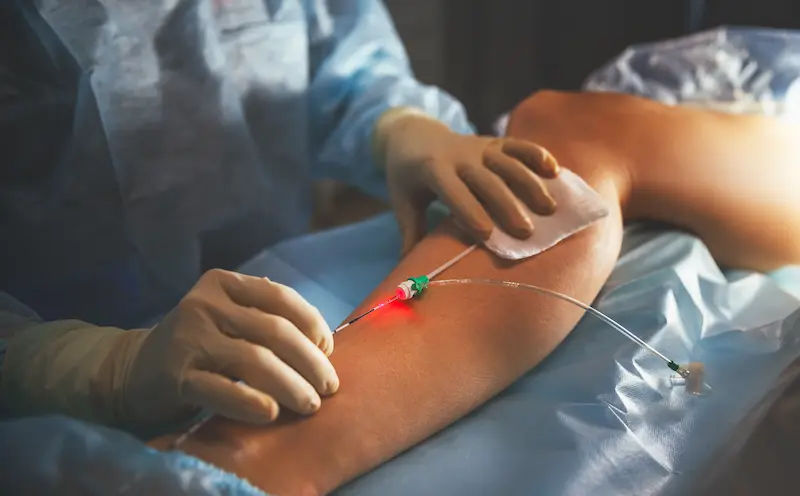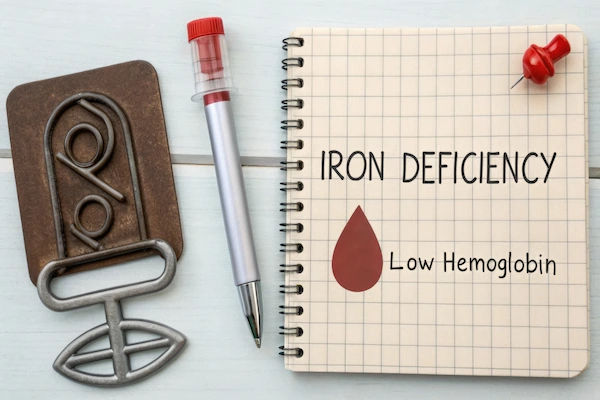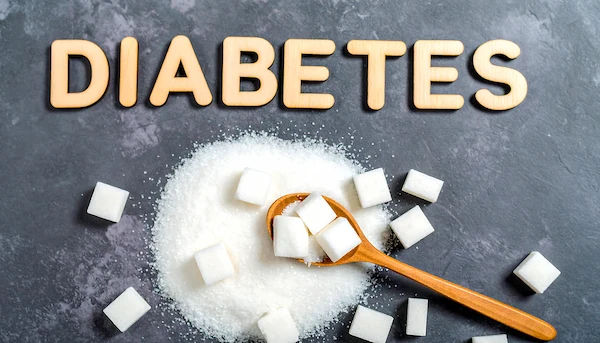Top Health Benefits of Regular Exercise
Discover the top benefits of exercise for better fitness, health, mood, sleep, heart, and longevity, plus simple steps to start today.


Introduction: Why Moving Your Body Matters
Regular movement is one of the most reliable ways to feel better in the moment and safeguard your long-term health. Physical activity strengthens nearly every system in your body, including your heart and lungs, your brain and emotional well-being, your metabolism, your bones and joints, and even your sleep cycle. If your goal is to improve your fitness health without complicated routines or special equipment, simply moving more and doing so consistently is a powerful, evidence-backed place to begin.
What Counts as Exercise?
Exercise does not need to resemble an intense gym workout. Many everyday activities qualify as meaningful physical activity:
- Brisk walking, hiking, or jogging
- Cycling outdoors or on a stationary bike
- Swimming or water aerobics
- Dancing in any form
- Household and garden tasks that raise your heart rate (such as mowing, raking, vigorous cleaning)
- Strength work using body weight, resistance bands, free weights, or machines
- Yoga, Pilates, tai chi, and balance-focused training
Moderate-intensity movement raises your breathing rate and warms your body, but still allows you to talk. Vigorous activity makes speaking more than a few words difficult without pausing for breath. Both forms count, and mixing them throughout the week is perfectly acceptable.
Science-Backed Benefits of Exercise for Your Body and Mind
The benefits of exercise for your body include:
- Stronger Heart and Healthier Blood Vessels
- Supports lower blood pressure over time
- Improves circulation and promotes healthier cholesterol levels
- Reduces the risk of heart disease and stroke
- Makes daily activities—such as climbing stairs or carrying shopping—feel easier as endurance builds
Better Brain Health and Mood
- Helps maintain memory, attention, and processing speed at every age
- Lowers the risk of age-related cognitive decline
- Reduces symptoms of anxiety and depression for many people
- Triggers the release of feel-good brain chemicals that boost mood and energy
Metabolic Health and Weight Management
- Improves insulin use and helps stabilise blood sugar
- Assists with maintaining a healthy weight and preventing weight regain
- Lowers the risk of type 2 diabetes and helps manage it for those already diagnosed
Lower Risk of Several Cancers
- Regular activity is associated with reduced risk of several cancers, especially breast and colon cancer
Stronger Bones, Joints, and Balance
- Weight-bearing and resistance activities help build and maintain strong bones
- Supports joint mobility and can reduce discomfort for many living with osteoarthritis
- Enhances balance and muscle control, lowering the likelihood of falls—particularly in older adults
Better Sleep
- Helps many people fall asleep more easily and stay asleep more consistently
- Supports a more regular body clock, especially when activity happens at similar times each day
Healthy Longevity
- Regular activity is strongly linked with living longer and enjoying more years in good health
How Much Exercise Do You Need?
Health organisations provide flexible recommendations that can be tailored to individual ability and lifestyle. Remember: doing something is always better than doing nothing, and increasing your movement gradually brings even greater benefits.
Adults (18–64 years)
- Aim for 150–300 minutes per week of moderate aerobic activity or 75–150 minutes of vigorous activity, or a combination of both
- Include muscle-strengthening exercises for all major muscle groups on 2 or more days per week
- Reduce long periods of sitting and incorporate movement breaks throughout the day
Older Adults (65+ years)
- Follow adult recommendations where possible
- Incorporate balance, strength, and flexibility training on 3 or more days per week
- Focus on preventing falls and maintaining independence
Children and Teens (5–17 years)
- Aim for 60 minutes or more per day of moderate-to-vigorous activity, mainly aerobic
- Include vigorous, muscle-strengthening, and bone-strengthening activities at least three times per week
During Pregnancy and Postpartum
- In the absence of medical contraindications, target 150 minutes of moderate activity per week, with strength work added as suitable
- Seek advice from your midwife or clinician for personal considerations
People Living with Chronic Conditions
- Many with conditions such as diabetes, heart disease, or osteoarthritis benefit greatly from tailored exercise
- Consult a healthcare professional if you are new to activity or have symptoms such as chest discomfort, dizziness, or unexplained breathlessness
A Simple, Safe Plan to Start Today
Starting does not require major changes. Begin slowly, build carefully, and aim for consistency. A safe plan to start with includes:
Weeks 1–2
- Walk for 10–20 minutes daily at a pace where you can talk but not sing
- Add light mobility stretches following each session
Weeks 3–4
- Increase walking to 25–30 minutes on most days
- Add two short strength sessions (10–20 minutes) using body weight or bands
Week 5 and Beyond
- Aim for 30–45 minutes of moderate activity on five days per week
- Mix in occasional vigorous sessions if appropriate
- Include strength training 2–3 times weekly
- Add short balance practice—such as single-leg standing or tai chi—on most days
Using the Talk Test
- Moderate effort: You can talk but not sing
- Vigorous effort: You can say only a few words before pausing for breath
Sample Week That Fits the Guidelines
Let us see the guidelines for fitness over a week:
- Monday: 30-minute brisk walk + 5 minutes of balance exercises
- Tuesday: 20–30 minutes of full-body strength work + 10-minute easy cycle
- Wednesday: 30–40 minutes of brisk walking or cycling
- Thursday: Rest or 10–15 minutes of gentle stretching/yoga + short walk
- Friday: 25-minute jog or interval session + 10 minutes of core exercises
- Saturday: 45–60 minutes of enjoyable activity (hiking, dance class, sport)
- Sunday: Rest day with mobility work, or a relaxed 20-minute walk
Adjust intensity and duration to your fitness, schedule, and personal comfort.
Getting Started Safely for Better Fitness Health
Tips for better fitness health are:
- Start low and go slow: Increase duration or intensity by roughly 10% per week
- Warm up and cool down: Allow 5–10 minutes at the beginning and end of sessions
- Mix activities: Combine aerobic, strength, mobility, and balance work
- Listen to your body: Mild soreness is normal; sharp or unusual pain is not
- Stay hydrated: Particularly important during longer or warmer sessions
- Wear proper footwear: Supportive shoes help prevent common injuries
Motivation That Lasts
For motivation, follow the tips below:
- Link movement with daily habits, such as walking after meals or during phone calls
- Track your progress using simple tools like a calendar or app
- Exercise with others to boost commitment and enjoyment
- Choose activities you genuinely enjoy to make adherence easier
- Keep quick, flexible backup workouts for busy days
When to Talk to a Clinician First?
Seek medical advice before starting or modifying your routine if you:
- Have conditions affecting the heart, lungs, kidneys, or joints
- Experience chest pain, fainting, or unexplained breathlessness during activity
- Are pregnant with complications or at higher risk
- Recently underwent surgery or experienced a major illness
- Take medication that affects heart rate, blood pressure, or balance
The Bottom Line
Exercise offers broad and meaningful benefits that most people can access without special skills or expensive tools. By beginning where you are, increasing gradually, and choosing activities you enjoy, you can build a routine that strengthens your body and mind. Every movement contributes to better long-term health, greater energy, and improved daily well-being. Consistency, not perfection, is the key to sustaining progress and enjoying the many rewards of an active life.
Consult a Top General Practitioner for Personalised Advice
Consult a Top General Practitioner for Personalised Advice

Dr Syed Mateen Pasha
General Physician
2 Years • MBBS
Bengaluru
PRESTIGE SHANTHINIKETAN - SOCIETY CLINIC, Bengaluru

Dr. Anand Ravi
General Physician
2 Years • MBBS
Bengaluru
PRESTIGE SHANTHINIKETAN - SOCIETY CLINIC, Bengaluru

Dr. Vivek D
General Physician
4 Years • MBBS
Bengaluru
PRESTIGE SHANTHINIKETAN - SOCIETY CLINIC, Bengaluru

Dr. Syed Ismail Ali
General Practitioner
7 Years • MBBS
Hyderabad
Apollo 24|7 Clinic, Hyderabad

Dr. Debajyoti Goswami
Obstetrician and Gynaecologist
10 Years • MBBS,D.G.O(DNB),Adv. Infertility Tech.(AIIMS),Fellowship in Diabetes(U.K),Comprehensive Abortion Care(Govt. Of W.B), Certificate in Clinical Embryology(AIIMS, BHUBANESWAR)
Bankura
D.G Clinic, Bankura
(25+ Patients)
More articles from General Medical Consultation
Frequently Asked Questions
How soon will I notice results?
Most people feel more energetic and begin sleeping better within days or weeks. Improvements in blood pressure, mood, and general fitness often appear within a few weeks of regular activity. Long-term health benefits grow the longer you maintain the habit.
Is walking enough?
Yes. Brisk walking counts as moderate aerobic exercise and is linked with improved heart, brain, and metabolic health. For even better results, include strength training 2–3 times weekly.
Do I need a gym or equipment?
No. Body-weight movements such as squats, wall push-ups, lunges, and planks are effective. Walking, stair climbing, dancing, and online classes can meet most fitness needs. Resistance bands are a budget-friendly strength option.
What if I have joint pain or arthritis?
Low-impact activities—such as walking, cycling, and swimming—are generally joint-friendly and may reduce discomfort. Strengthening the muscles that support the joints offers further relief. If pain is new or significant, consult a clinician or physiotherapist.
How do I know if my workout is moderate or vigorous?
Use the talk test. Moderate means you can talk but not sing; vigorous means you can only say a few words without stopping for breath. You can also judge by perceived effort—moderate should feel “somewhat hard”.
 Nutritional Benefits and Healthy Recipes.webp)



